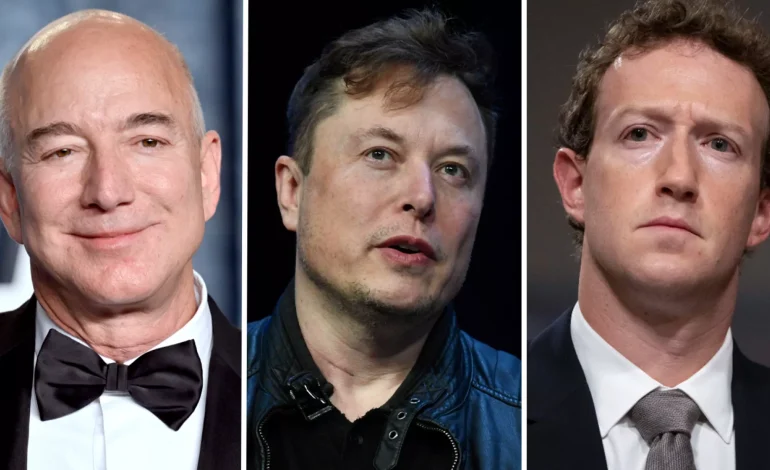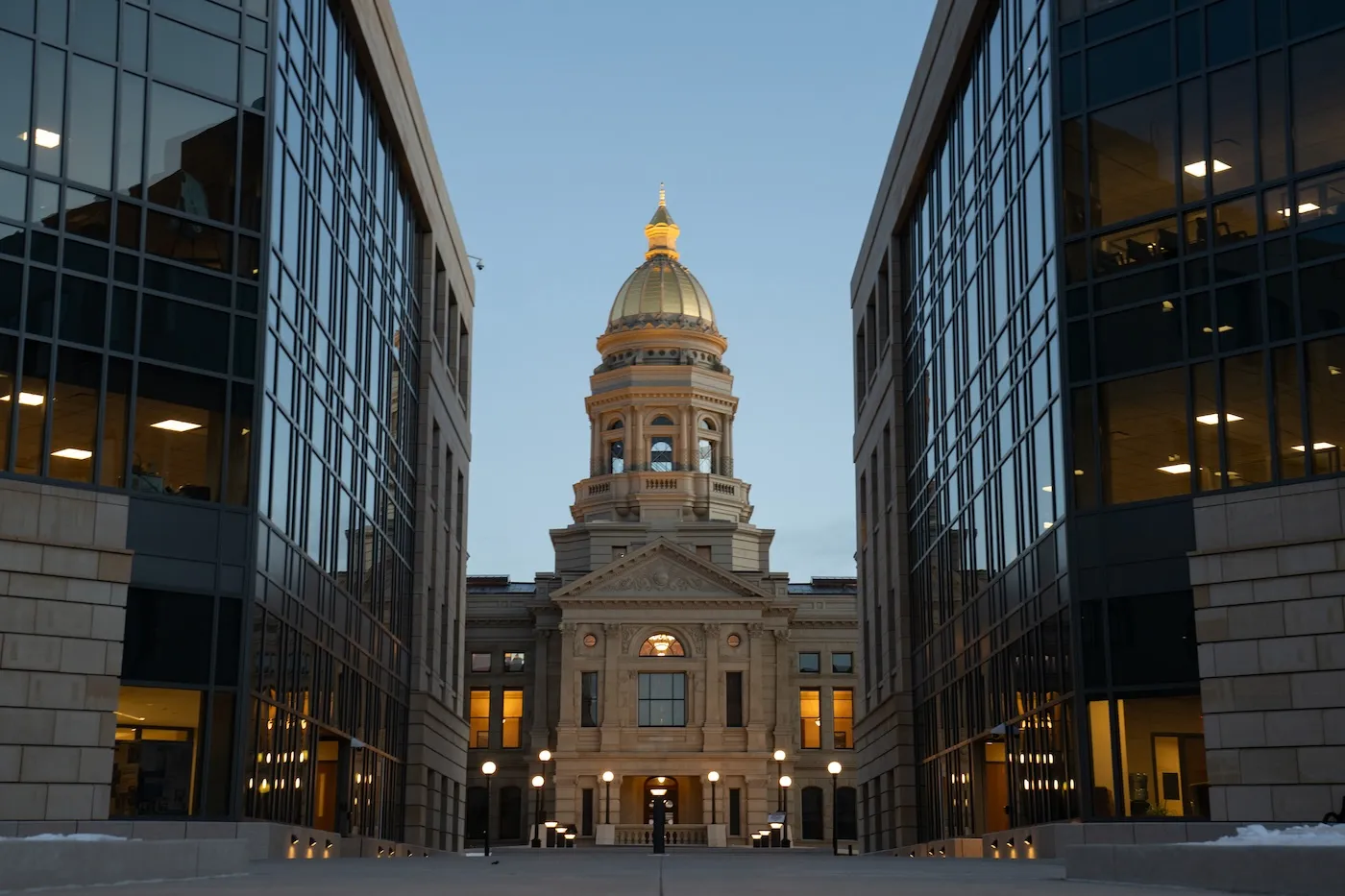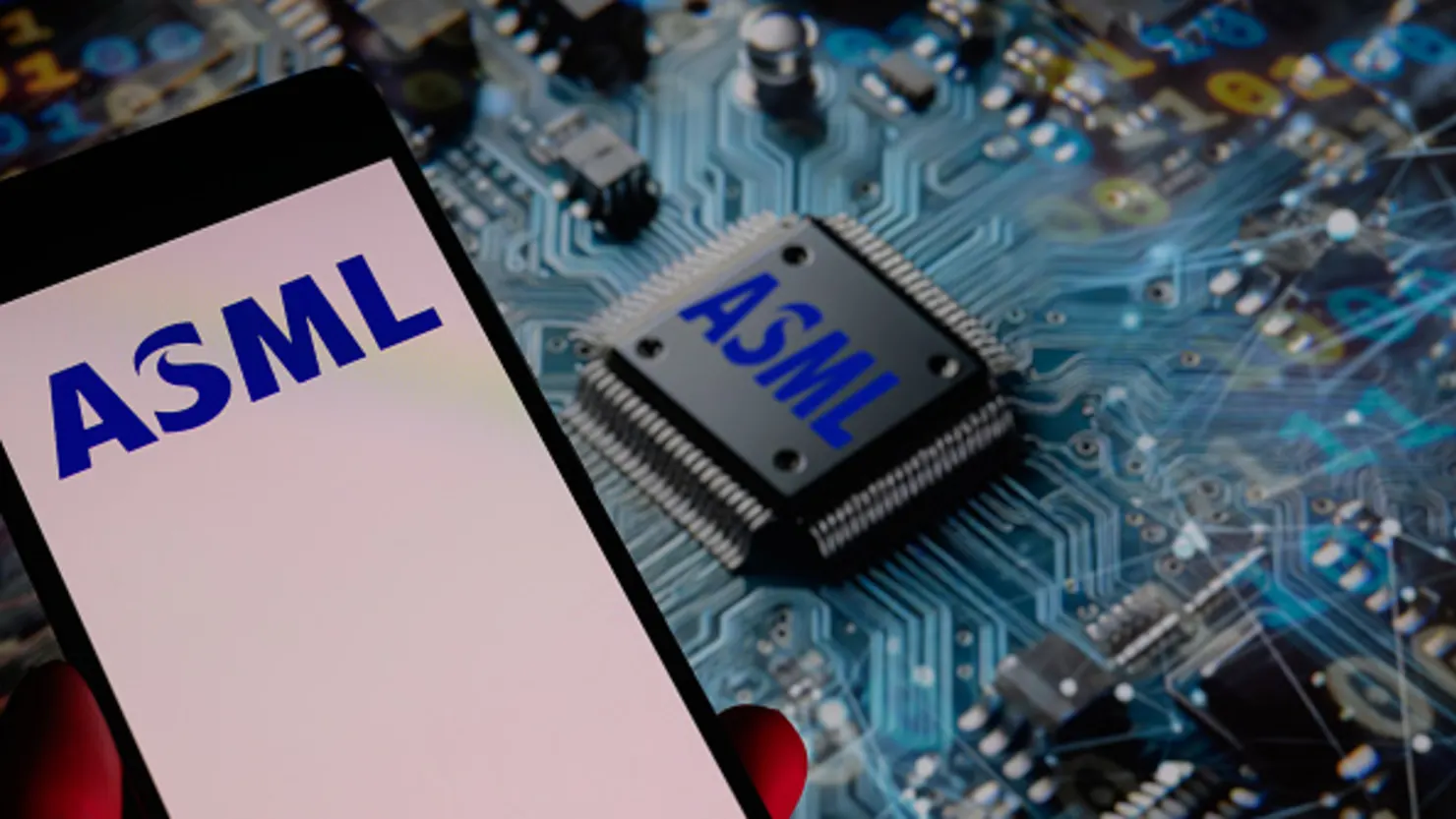Tech Leaders Seek Favorable Conditions Under Trump’s Second Term

- Published January 27, 2025
Elon Musk, CEO of Tesla, SpaceX; Owner of X.
Musk, one of the largest donors to Trump’s campaign, contributed at least $245 million to Trump’s presidential campaign and affiliated PACs. Musk has also provided enthusiastic personal support for Trump, particularly through his social media platform, X, which has become a space for Trump’s messaging.
Musk secured a direct line to the President through a key role in the newly established Department of Government Efficiency, which has yet to fully demonstrate its power. Musk’s allies have also been appointed to high-ranking roles at NASA and the Federal Communications Commission.
Musk’s companies stand to gain from a pro-business regulatory environment. This includes reduced regulatory burdens on SpaceX, Tesla, and his tunnel-building venture, The Boring Company. Musk is also seeking government support for his satellite internet project, Starlink, and a favorable stance on autonomous vehicles.
Jeff Bezos, founder of Amazon, Blue Origin; Owner of The Washington Post.
Amazon made a significant $1 million donation to Trump’s inaugural committee. Bezos, through his media outlet, The Washington Post, refrained from endorsing a presidential candidate, which many saw as a calculated move to avoid alienating Trump’s base.
Bezos, like other tech magnates, was granted a prominent position at the inauguration, signaling a thaw in relations. Bezos has expressed optimism about working with the Trump administration.
Amazon seeks to resolve ongoing antitrust issues, including a significant lawsuit brought by the Federal Trade Commission (FTC). The company also hopes to avoid further scrutiny of its labor practices and to secure military contracts for its cloud computing services and space venture, Blue Origin.
Mark Zuckerberg, CEO of Meta.
Zuckerberg contributed $1 million to Trump’s inaugural committee. Over time, he has increasingly supported Trump, notably backing his stance on free speech and making adjustments to Meta’s anti-misinformation policies that Trump had long criticized.
Trump’s rhetoric has softened, and Zuckerberg now enjoys a more favorable relationship with the administration. Trump even adopted some of Zuckerberg’s suggestions on international policy in a speech at the World Economic Forum.
Meta stands to benefit from a more lenient regulatory environment regarding artificial intelligence and potential antitrust action. Zuckerberg hopes for fewer restrictions on his company, including the preservation of acquisitions like Instagram and WhatsApp.
Tim Cook, CEO of Apple.
Cook has long been a supporter of Trump, especially during his first term, and made a $1 million contribution to Trump’s second inauguration.
In return, Trump has praised Cook’s leadership, particularly in relation to Apple’s manufacturing and business success. Trump also alleviated some of the pressures Apple faced with tariffs on Chinese goods.
Cook aims to avoid the impact of a trade war with China, given Apple’s heavy reliance on Chinese manufacturing. Additionally, Apple is facing an antitrust investigation, and Cook is hopeful that Trump appointees may mitigate its impact.
Sundar Pichai, CEO of Alphabet.
Alphabet, the parent company of Google, donated $1 million to Trump’s inauguration.
Pichai was given a prominent seat at the inauguration, indicating a measure of respect and access.
Alphabet is actively involved in two major antitrust cases and has an interest in shaping how AI is regulated. Pichai hopes to influence the DOJ’s approach to these cases, possibly altering the outcomes to avoid a breakup of the company.
Shou Zi Chew, CEO of TikTok.
Shou Zi Chew’s company, TikTok, found itself in a precarious position under Trump’s first term when a ban was proposed. However, Chew has ties to GOP megadonor Jeff Yass, strengthening his relationship with Trump.
Chew attended the inauguration, and Trump signed an executive order delaying the enforcement of a ban on TikTok, offering Chew some breathing room.
Chew is looking for a permanent resolution to TikTok’s regulatory challenges in the U.S., hoping for a solution that would allow the platform to continue operations without fear of being forced into a sale.
These tech giants, each with their own agenda, have solidified their positions within Trump’s network and now look to influence policy in ways that will benefit their vast empires.









The latest news in your social feeds
Subscribe to our social media platforms to stay tuned